Reefbites is an ICRS Student and Early Career Chapter initiative that started in the beginning of 2018 by then Co-Chair Sandra Schleier and member Maha Cziesielski. The blog is part of the Chapter’s commitment to facilitate education, outreach, and science communication of marine science, providing a platform for graduate students and early career scientists to communicate their reef science to the general public. Reefbites is also a sister site to a growing number of science blogs written by students – for all audiences (collectively known as the ScienceBites family). Along with a number of writers and editors, who are the drivers of this SciComm project, the blog is curated by a dedicated team of volunteer staff.
Core Staff

Sandra Schleier Hernández
Department of Natural Resources & Environment, Puerto Rico
(she/her/hers)
Sandra graduated from a Master’s in Ecology and Ecosystem Sciences from the University of Rhode Island where she studied the effect of coral restoration on the reef community. She currently lives in Puerto Rico and works as a Boat Groundings Specialist for the Department of Natural Resources and the Environment in the day and as a Marine Biologist Guide in the Bioluminescent Bay at night.
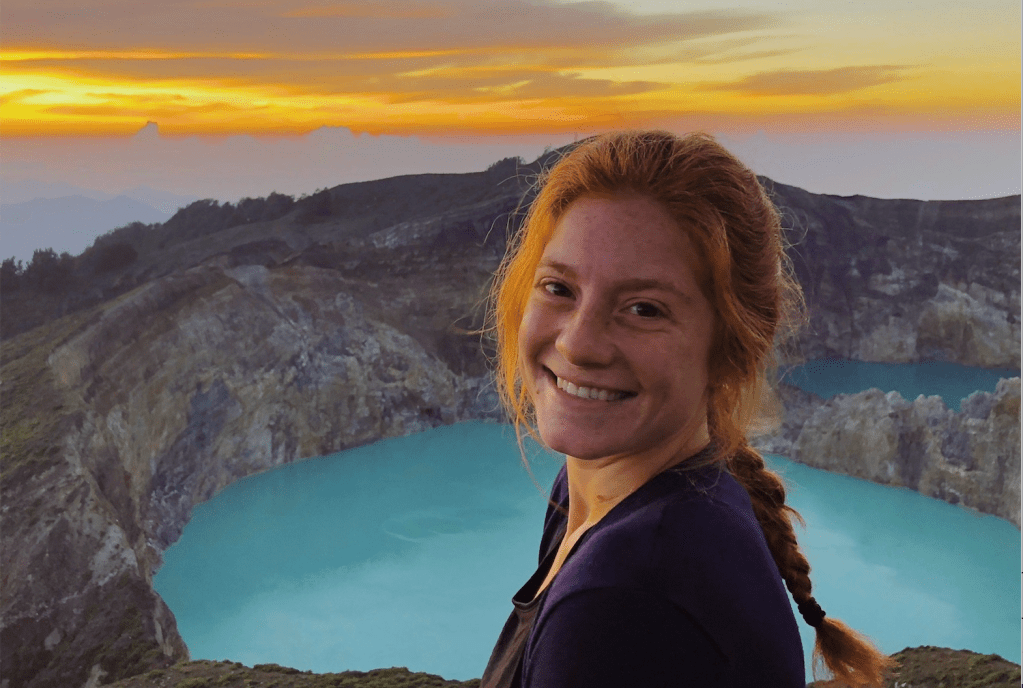
Consortium for Ocean Leadership
(she/her/hers)
Cassandra recently graduated from the University of Rhode Island with her Master’s in Marine Affairs. While at school, she studied social science methodology, science communication, ocean resource management and policy, and diversity and inclusion in science spaces. Her research focused on the social science of coral reef management, looking at the drivers of coral restoration in Florida.
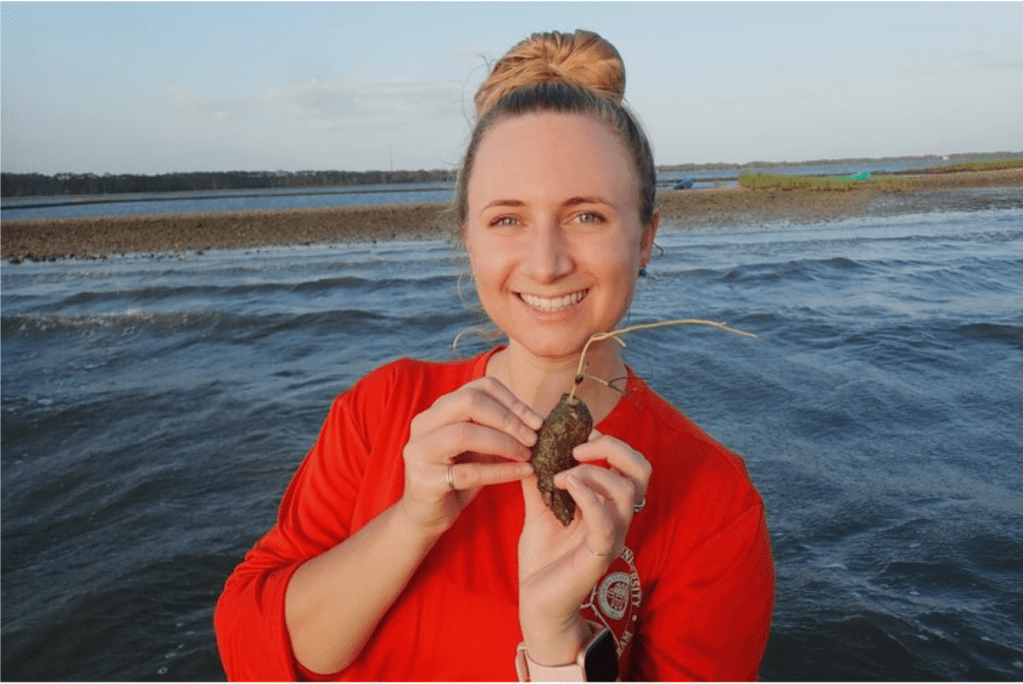
Bobbie Renfro
Florida State University
(she/her/hers)
Bobbie is a PhD candidate from the USA studying the effects of anthropogenic nutrient enrichment on coral reef sponges at Florida State University. Bobbie earned her MSc degree from Auburn University studying the effects of diver presence on herbivorous reef fish foraging behavior. She is generally interested in how humans effect coral reef ecosystems and what we can do to make our interactions with reefs more sustainable.
Media Content Curators
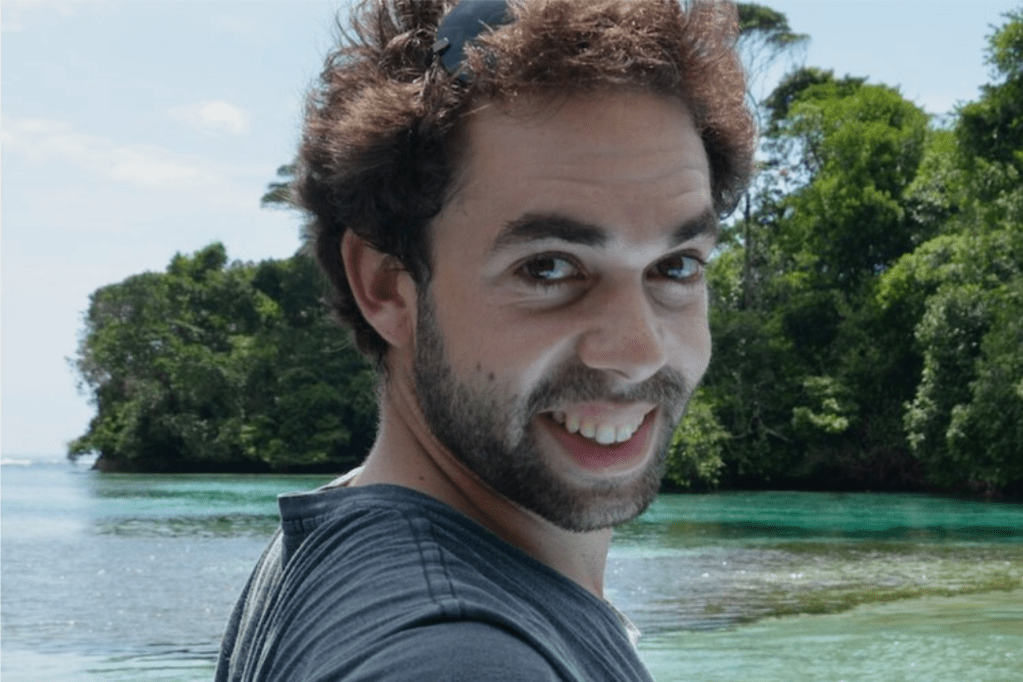
Henrique Bravo
University of Groningen
(he/him/his)
Henrique is a Portuguese PhD student based in the Netherlands that is looking at tiny (gall) crabs in the Caribbean that live in symbiosis with stony corals. This model system could give us a glimpse into the evolutionary mechanisms that potentiate speciation, host-specificity and co-adaptation. In his spare time he likes to be in the water, on a squash/tennis court, read a good book, look for endangered species, or travel a bit (back when that was still a thing).

Julia Briand
McGill University & the Smithsonian Tropical Research Institute
(she/her/hers)
Julia is a Canadian-American Masters student in the BESS/NEO program at McGill University and STRI. She is studying the drivers of functional change in Caribbean coral reefs.

Paige Strudwick
University of Technology Sydney
(she/her/hers)
Paige grew up in a landlocked English county with an innate love for the ocean, and now resides in Sydney, Australia. She is a PhD student studying the microbiome of corals during active management of reefs via in situ propagation and out-planting on the Great Barrier Reef.
Dedicated Post Writers & Editors

Universidade Federal da Bahia, Brazil
Carla is an oceanographer currently finishing her doctorate degree in geology at the Universidade Federal da Bahia, Brazil. She works mainly with the ecosystem services of coral reefs and how these relate to coastal management. Carla is part of the executive committee of the Young Ecosystem Services Specialists and is also a member of the Red Proplayas and Fórum do Mar networks in Latin America. She believes science communication is the key to a more sustainable world.
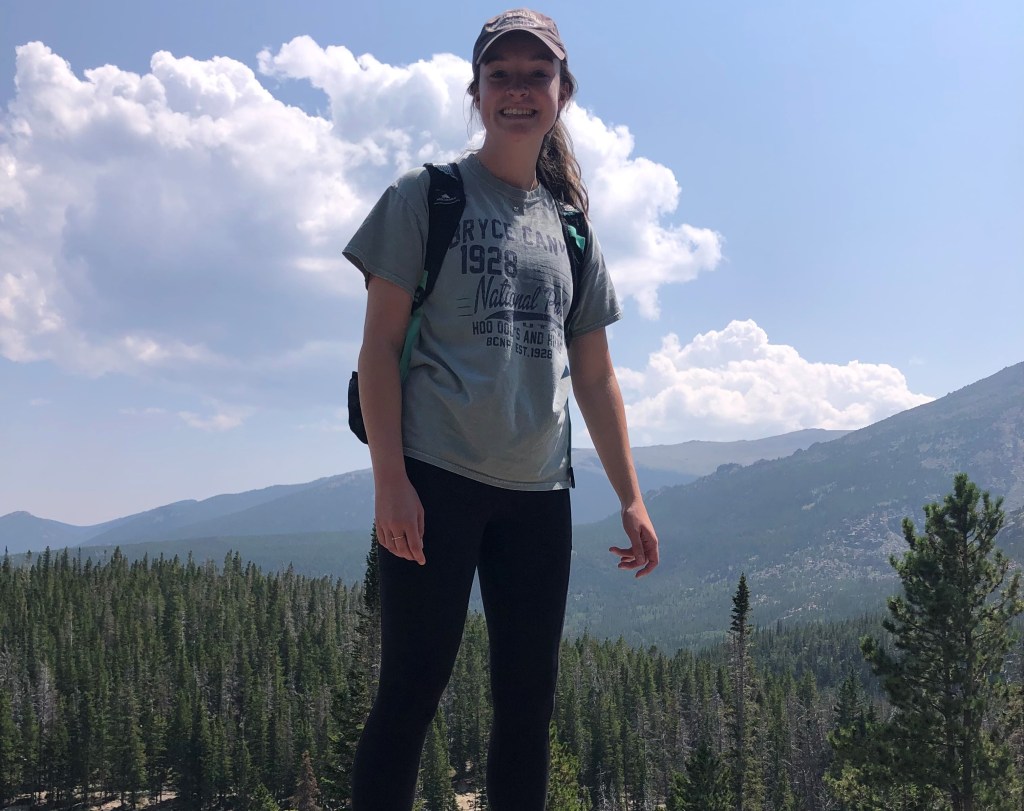
Salve Regina University
Danielle is currently a research technician in the Marine Ecology Lab at Salve Regina University. After earning her Bachelor’s degree from Franklin & Marshall College, she spent time working in a neuroscience lab before moving to Rhode Island to pursue her passion for all things marine biology. In her current role, she studies the impact of compounds produced by Ulva spp. (seaweed) on various marine invertebrates. She also assesses how these compounds affect the growth of phytoplankton and how this may be a measure for toxicity. Previously, during her undergraduate career, she assessed the differential thermal stability of an enzyme analogous to Acropora millepora and its symbionts. This tied into her main interests in coral bleaching and thermal tolerance. Danielle is hoping to pursue a graduate degree in marine biology (with a focus on coral reefs) in the coming years.

University of Delaware
Tim is a PhD student at the University of Delaware in the Warner lab where he specializes in photophysiology and algal ecology. His work focuses on the impacts of climate change on the physiological dynamics of algal-invertebrate symbiosis. He works with scleractinian corals, the model anemone Exaiptasia pallida, and their Symbiodiniaceae symbionts. Tim aspires to further the understanding of the connection between symbiont photophysiology and the thermal tolerance of each partner of the symbiosis and how this will change as we move further into the Anthropocene. As an undergraduate, Tim attended the University of Connecticut where he worked in the Coastal Ocean Laboratory for Optics and Remote Sensing which introduced introduced to coral reef research.
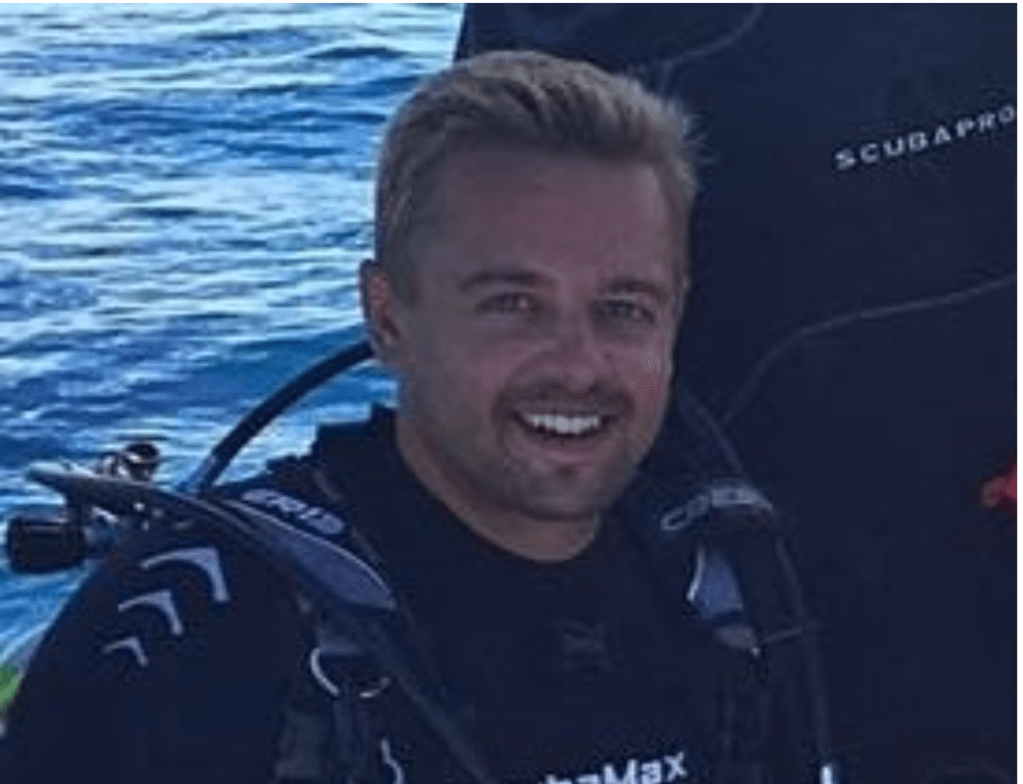
University of Miami Rosentiel School of Marine and Atmospheric Science
I am a Canadian graduate student currently working on my Ph.D. at the University of Miami Rosenstiel School of Marine and Atmospheric Science. The work for my Ph.D. is focusing on coral disease and the microbial members that interact with and may have a negative impact on the coral holobiont. Recently a new epizootic has devastated the Florida Atlantic coast and has reached several islands in the Caribbean, decimating coral populations. My M.Sc. research involved a metagenomic characterization of the bacterial associates within two cold-water coral species. I have been studying coral reef ecosystems for several years now having researched in The Bahamas surveying health of the local reefs after the recent global bleaching event. Marine biology wasn’t always my career goal, as I started off getting my carpentry apprenticeship in Canada. It wasn’t until attending university did I realize how poorly our oceans are actually being protected and how little we actually know of them. I have set out to help better our understanding of the intricacies of marine ecosystems in hopes to contribute to better coral reef management and ocean conservation.
